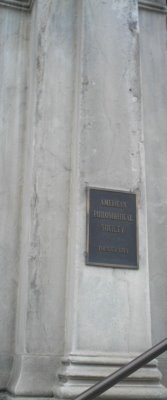 Paul Moravec
Paul Moravec is a gifted composer and a great guy. I've interviewed him for
20/20 Hearing(tm), WITF's
Composing Thoughts and at the
world premiere of his Oboe Concerto. Thursday I heard Moravec's "
Useful Knowledge," premiered at the
American Philosophical Society in Philadelphia by
La Fenice,
glass harmonicist Cecilia Brauer and Baritone
Randall Scarlata.
I arrived a little later than I had planned but had an excellent morning and trip. I was suprised that another John Clare, either another person
or an imposter?!, was there - and who I didn't get to meet (
confront, hahaha!) I almost immediately ran into Paul's lovely wife Wendy who said hi, and was happy to see me there. Later on I also ran into
Don Spieth, the maestro from Allentown; and met
Kathryn King who is a PR maven extraordinaire. I was surprised to sit down for the afternoon lectures/program and met a listener from the
WITF area who uses the A.P.S. Library and said some kinds words about my programming. But back to the afternoon...
The afternoon program began with a presentation about The Enlightment Online, a wonderful presentation about E.K. Dashkova, and an unveiling of a portrait of Whitfield Bell, Jr. A brief break (complete with coffee, tea, and candies) led to the performance of La Fenice.
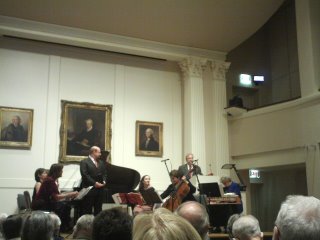
The
Adagio and Rondo, K617 opened the program...it was a little unsettled or uninspired reading, or perhaps I'm just not a big fan of the piece - the musicians are certainly capable and talented. I would have programmed a short Mozart opening (I really liked the idea of Mozart-Moravec-Mozart) piece, like the duo arrangements of Mozart's arias that could have been done in various combinations and are quite charming.
Next Paul said some introductory comments, in fact he was very witty - quoting
Benjamin Franklin on time, that is later sung in his fantasy:"
Lost time is never found again." He also mentioned that he imagined Benjamin Franklin more of a Baritone than Tenor, Bass or again jocularly, a countertenor; and he mentioned it was to capture the "spiritual side" of Franklin. And then we heard the beautiful
Useful Knowledge: A Franklin Fantasy.
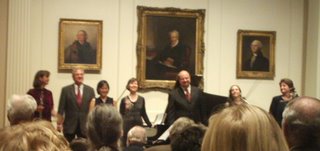
Hear a passage toward
the opening of Useful Knowledge [
mp3 file] (
not a professional recording)
The Society and guests were duly impressed. It comprises of seven sections of Franklin's writings and flows gently, fitting the text with wise choices of harmony. It also is an imaginative work, never preaching, but enjoys the charming combination of piano quartet, oboe, baritone and glass harmonica. This performance was hampered slightly for me by glass harmonicist Cecilia Brauer - who seemed to futz about and often looked puzzled turning pages here and there - but who was quite popular after the program demonstrating the glass harmonica.
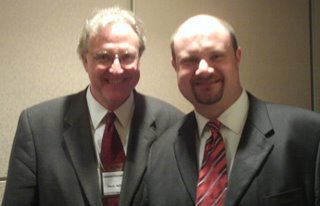
But I can easily see and hear
Useful Knowledge joining Schubert, Wolf, Britten, Rorem and other great song composers into the standard repertory (and in various forms too: Voice and Orchestra, the original chamber version, and for Voice and piano.)
The program ended with a rousing reading of the Piano Quartet, K 493 by Mozart. There was a delay in between it and the Moravec, where I almost got up and told some viola jokes as we were waiting for her to return to the stage, like: The difference between a viola and a glass harmonica? There's much more drool with the viola than the glass harmonica! But thought that might not be so keen with the A.P.S.
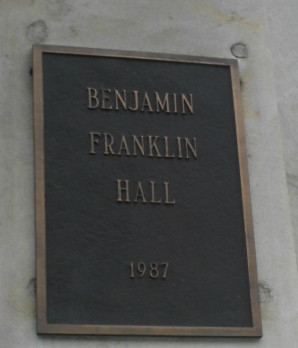 It was a delightful afternoon and I bet even ol' Ben would have enjoyed himself. Keep an eye (ear?) out for Useful Knowledge!
It was a delightful afternoon and I bet even ol' Ben would have enjoyed himself. Keep an eye (ear?) out for Useful Knowledge!
 I enjoyed a leisurely walk back to the b&b, smoking a honduran cigar. I talked with a friend from Las Vegas and sat out under the stars finishing my cigar in this park. (The statue is a tribute to a Ukranian poet.)
I enjoyed a leisurely walk back to the b&b, smoking a honduran cigar. I talked with a friend from Las Vegas and sat out under the stars finishing my cigar in this park. (The statue is a tribute to a Ukranian poet.)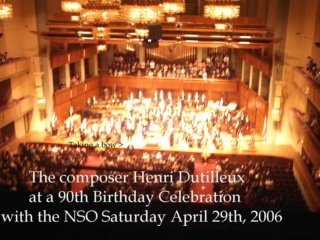
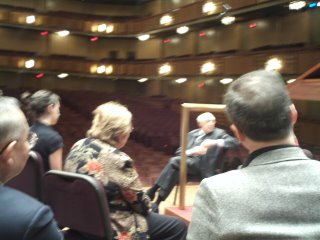
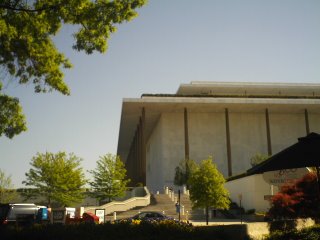
 Cary
Cary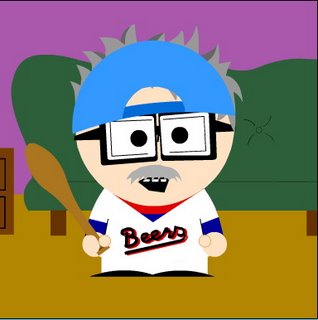 Dr. Dick
Dr. Dick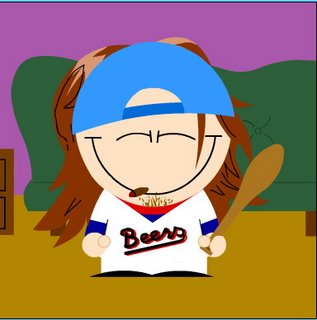 John
John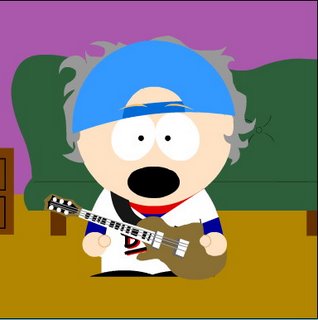 Paul
Paul Randy
Randy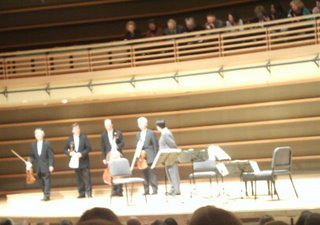
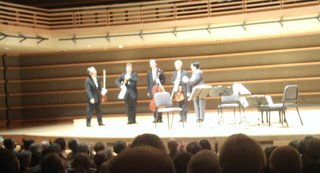
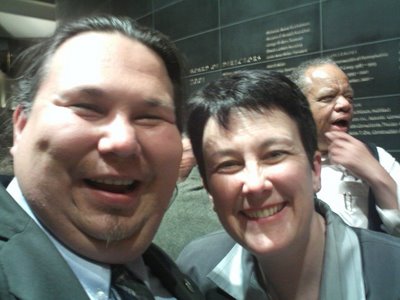





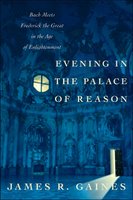

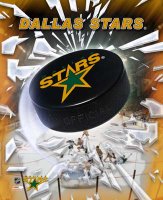
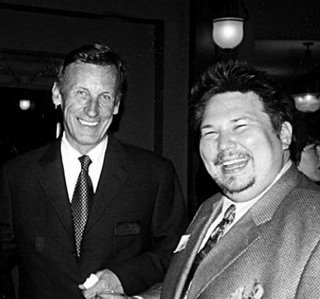
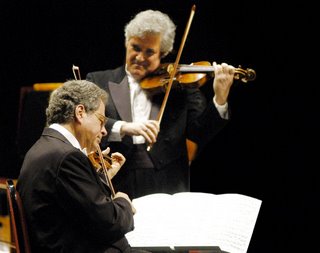

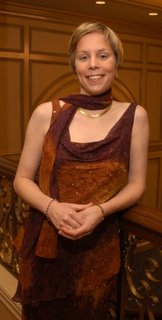
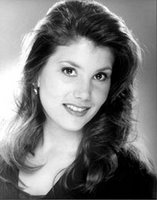

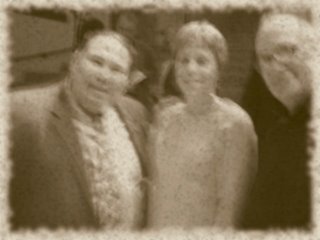

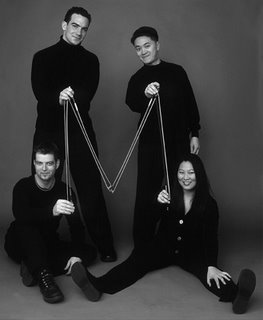
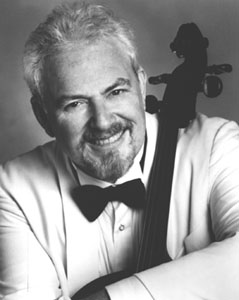
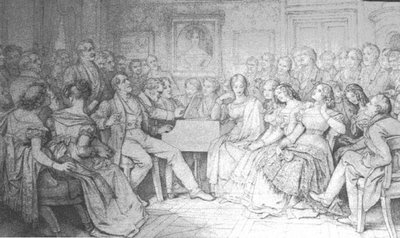 And then
And then 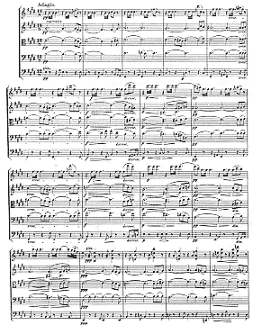 It truly is supreme music. And you can
It truly is supreme music. And you can 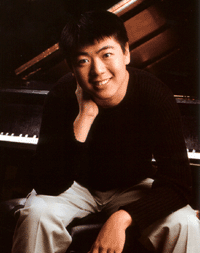 At the age of 23 he has four cds out (and another
At the age of 23 he has four cds out (and another 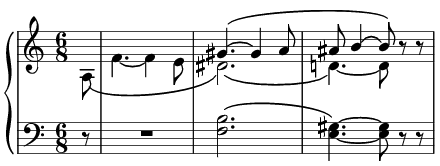 Wagner condensed to ten fingers from the large orchestra - something Liszt did so well - and Lang Lang did alright - he is wonderful to share it with his audience!
Wagner condensed to ten fingers from the large orchestra - something Liszt did so well - and Lang Lang did alright - he is wonderful to share it with his audience!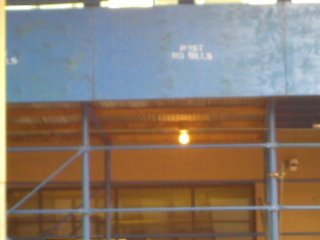 and went to brunch at Shopsins. Yum-o! I took
and went to brunch at Shopsins. Yum-o! I took 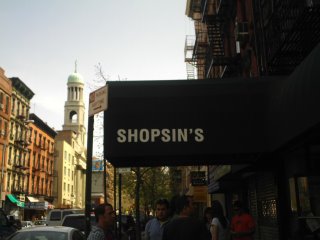 I was meeting a friend for coffee before
I was meeting a friend for coffee before 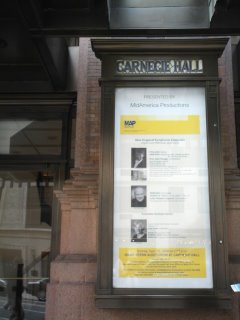 My friend
My friend 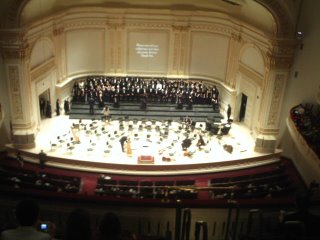 Kirsten's reading was a charming and able rendition, with great dynamics, incredibly flowing lines and enough originality of interpretation to keep it fresh and yet traditional.
Kirsten's reading was a charming and able rendition, with great dynamics, incredibly flowing lines and enough originality of interpretation to keep it fresh and yet traditional.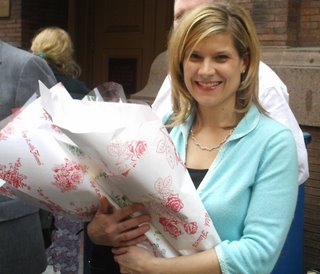 Afterwards I did get to meet up with a radio business friend and touch base - a good conversation - we have lots of mutual contacts and friends, besides artists, so it was fun to talk shop in a very relaxed setting.
Afterwards I did get to meet up with a radio business friend and touch base - a good conversation - we have lots of mutual contacts and friends, besides artists, so it was fun to talk shop in a very relaxed setting.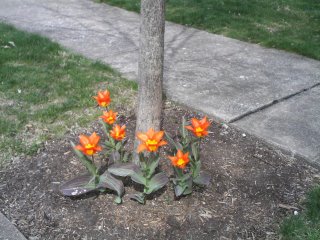
 Ironically, the rabbits seemed to enjoy my violin playing in the backyard this evening, despite occassional diminished octaves, composing and cigar smoke!
Ironically, the rabbits seemed to enjoy my violin playing in the backyard this evening, despite occassional diminished octaves, composing and cigar smoke! 

 Then at the age of 42, Anne-Sophie re-recorded all of the Mozart Violin Concerti, this time with the London Philharmonic Orchestra and herself conducting (DG).
Then at the age of 42, Anne-Sophie re-recorded all of the Mozart Violin Concerti, this time with the London Philharmonic Orchestra and herself conducting (DG). Hear Anne-Sophie's first and latest recordings of the 4th Violin concerto. They are different! I think the first recording is more together in ensemble, but that the latest recording has a much better sound. The tempos now are much faster than the 1982 set - which is very interesting.
Hear Anne-Sophie's first and latest recordings of the 4th Violin concerto. They are different! I think the first recording is more together in ensemble, but that the latest recording has a much better sound. The tempos now are much faster than the 1982 set - which is very interesting.


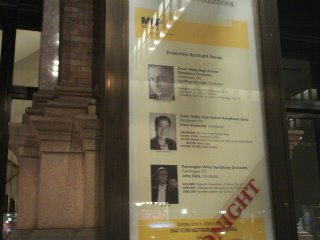 My friend Geoff Neumann is their conductor and they did a fine job in Copland's Outdoor Overture, Barber's First Essay and Tchaikovsky's Marche Slav. The GVHS Band played before them and another high school group from Vermont played after intermission.
My friend Geoff Neumann is their conductor and they did a fine job in Copland's Outdoor Overture, Barber's First Essay and Tchaikovsky's Marche Slav. The GVHS Band played before them and another high school group from Vermont played after intermission. 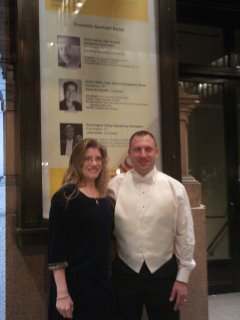 Kudos to Geoff and his orchestra!
Kudos to Geoff and his orchestra!
